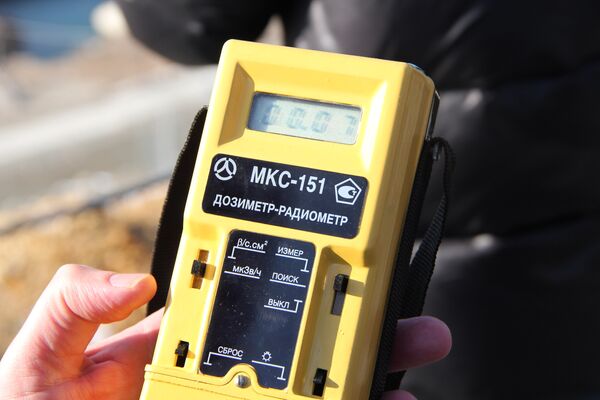SELLAFIELD, ENGLAND, 25 July (RIA Novosti) - The UK has adopted an approach used by Sweden and Finland to persuade communities to allow geological surveys to be carried out with a view to burying radioactive waste in their local government areas, Chief Executive of the Nuclear Energy Association Keith Parker told RIA Novosti Friday.
“Finland and Sweden are both developing their own geological disposal facilities and they are quite well advanced. It is a tried and tested formula for proceeding for what is a difficult issue,” Parker said.
Under the proposals announced this week by the UK Government, communities across England and Wales could receive payments of up to £40m ($68m) just for taking part in a consultation process and geological survey in their respective areas.
“I hope that communities will approach the proposal with an open mind. I think it’s a natural instinct for communities to regard hosting a waste facility as a rather negative proposal,” a senior nuclear industry expert added.
Parker, who is also a private secretary to a UK Government Minister and previously worked in the UK Energy Department, noted the proposal will not be extended to Scotland because of political issues.
Greenpeace spokesman, however, objected to the proposals to pay millions of pounds to communities simply to carry out a survey and consultation, as they may lead to bribes.
“In a way that is a sad indictment of the whole proposal and basically the Government is looking for a community which is desperate and bribe them into taking a risk,” Graham Thompson told RIA Novosti.
He suggested that the reaction to the proposal will vary from community to community and relatively wealthy community “won’t for a second consider it but there will be some economically disadvantaged communities who are getting quite desperate and might think about it.”
The new approach by the UK Government resulted from a decision by Cumbria Council in January 2013 to veto a proposed waste dump site in their region, which already hosts the Sellafield nuclear reprocessing site.
Under the new policy no single level of local government will be allowed a veto if sites are identified. Parker told RIA Novosti this was the right approach and one which has the backing of international experts.


